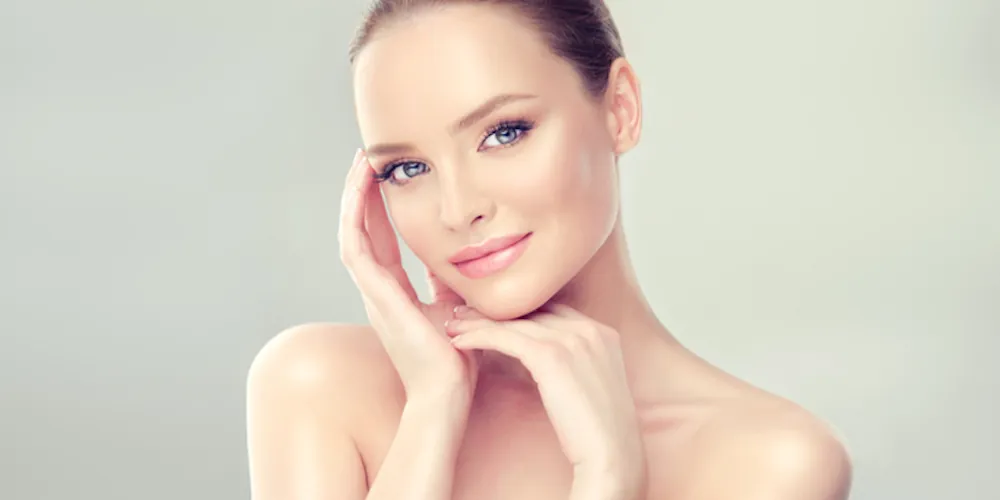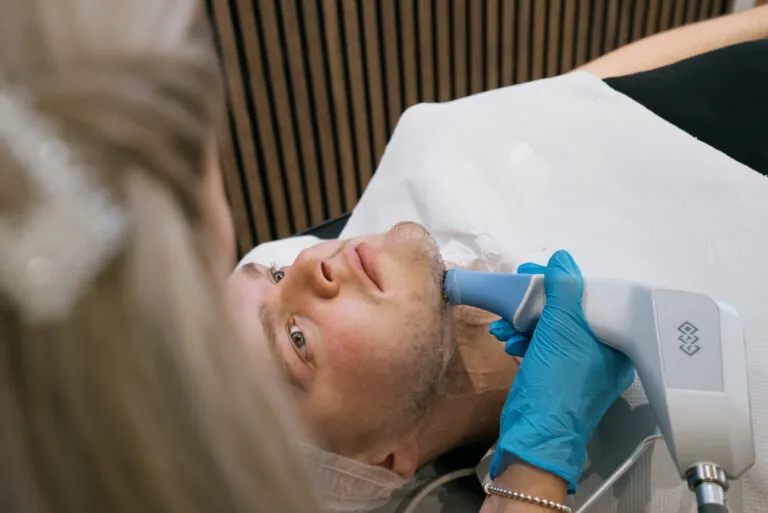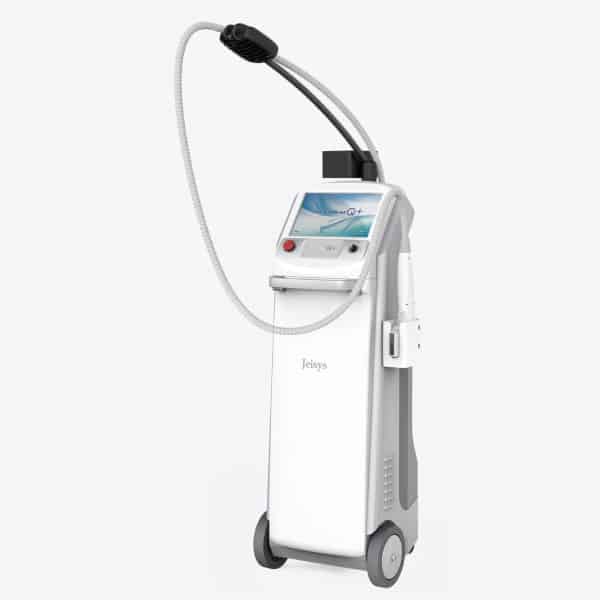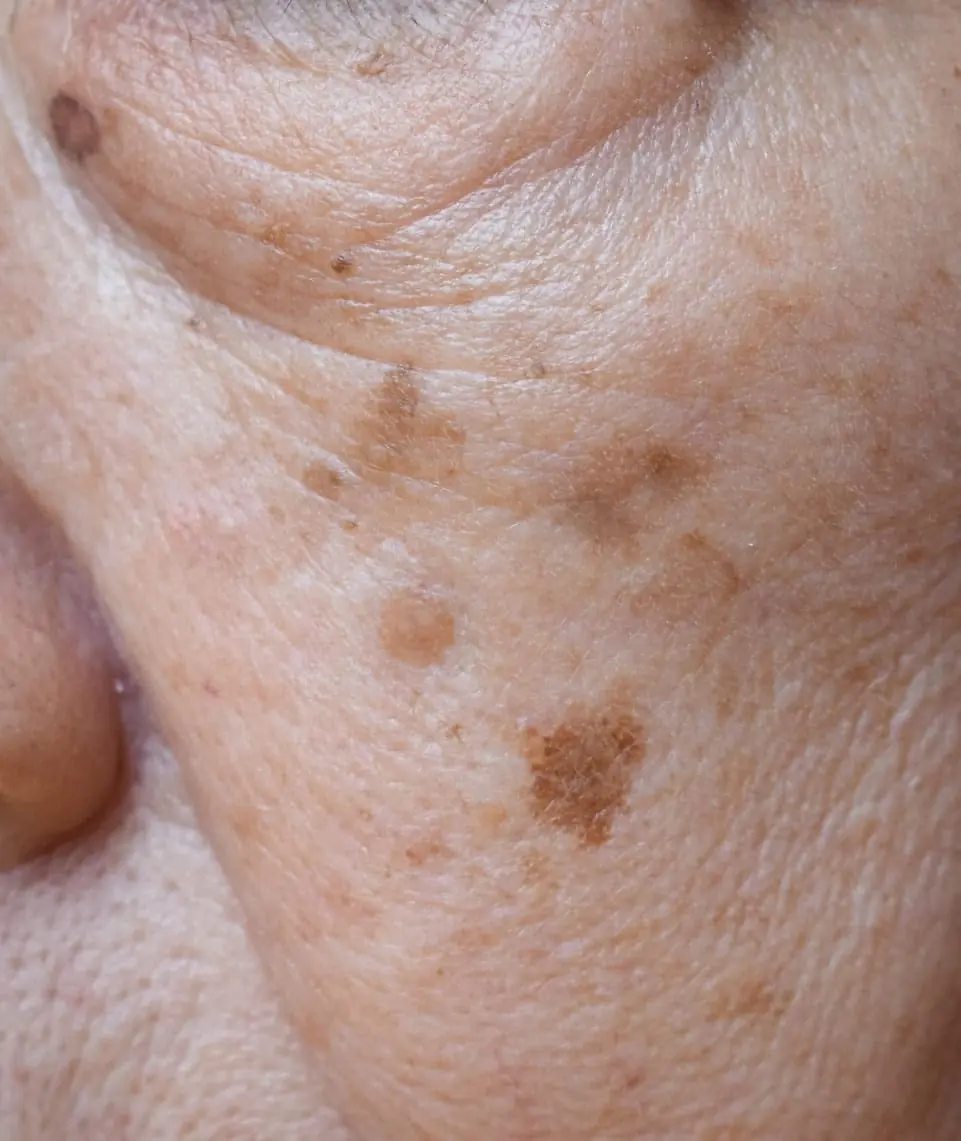Skin Ageing
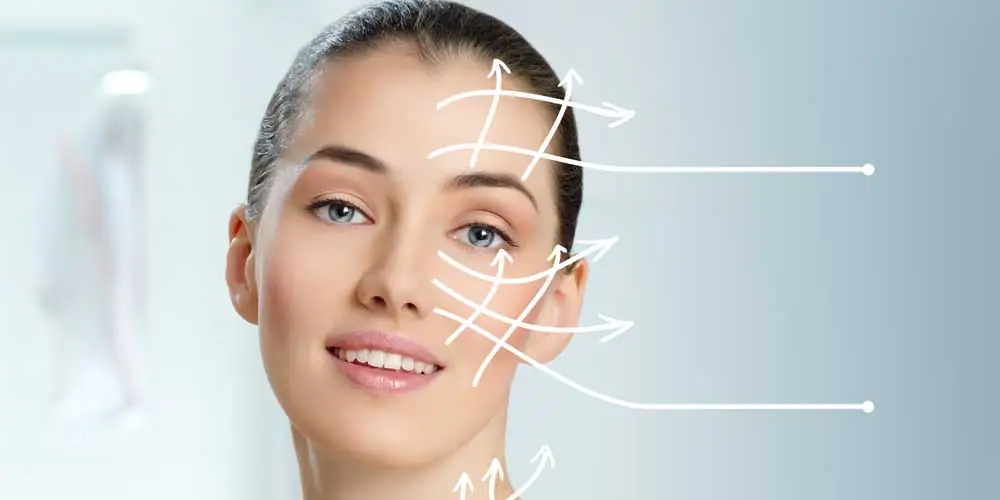
What Is Skin Ageing?
Your skin changes as you age. You might notice wrinkles, age spots and dryness. Your skin also becomes thinner and loses fat, making it less plump and smooth.
Skin ageing is something everyone will experience, some sooner than others depending on lifestyle and environmental factors. Skin ageing is a degenerative process caused by intrinsic (chronological) and extrinsic (environmental) ageing. These factors are something most of us can relate to, and contribute to the visible signs of skin ageing:
- A loss of skin firmness & elasticity
- Sagging jowls
- Double chin or sagging neck
- Fine lines and wrinkles
- Sun damage and pigmentation
- Irregular pigmentation and texture
- Large pores
- Hooded eyes & crows feet
- Dry skin
- Loss of facial volume
Intrinsic Ageing
Unfortunately, intrinsic ageing is something we have little control over. This is because it is a natural process, determined by internal factors and is programmed by our genes. If your parents began to age at a younger age than its likely you will begin to age sooner too.
Genetics can cause some clients to be more likely to develop jowls, double chins or fine lines and wrinkles at a sooner age, such as their mid twenties. This can cause many clients to look at surgical or non-surgical procedures to turn back the years and bring back their more youthful skin.
Extrinsic Ageing
Extrinsic ageing, also known as photo-ageing, is caused by external factors that we are regularly exposed to and can be prevented or minimised. External elements such as sunlight, pollution, nutritional intake, smoking, stress and lack of sleep are among the most common factors.
The single biggest culprit is the sun! The UV rays from sun-beds are another culprit and can cause a lot of damage to the skin in just 1 session. Many clients want to be tanned and bronzed kissed as they feel happier within their skin, however, the damaged caused from the UV rays can cause you to age a lot sooner.
What Causes Age Spots?
Skin ageing is something we will all suffer with as we grow old. It causes the surface layers of our skin (known as the epidermis) to thin, and the number of melanocytes (the pigment producing cells) to decrease.
If some areas of the skin are more exposed to the sun than other areas, the remaining melanocytes in these areas will increase in size. This leads to the skin appearing thinner and more pale, with large pigmented areas known as age spots, lentigos or liver spots.
What Causes Skin Dryness?
The production of oil within the skin slows down as we age. This results in the skin to becoming dry, and our blood vessels become more fragile. This can cause an increased chance of bruising as we age. Many clients look to rid this problem with creams, serums and facials to help hydrate the skin.
What Causes Fine Lines & Wrinkles
Collagen and elastin are protein fibres that give the skin its structure and firmness. As we age this decreases and the collagen does not renew as much as it does when we are younger. As the ageing process continues the collagen and elastin fibres begin to break down and lead to relaxing of the skin muscles and skin tissue.
The break down in the skin proteins leads to formation of fine lines and wrinkles. The loss of elasticity within the skin results in saging skin, jowls and lose saging neck.
It’s important to remember that the sun’s harmful rays are the culprit behind many of our skin ageing changes and although these effects can not be completely undone, with the correct skin care and advanced clinical treatments, they can be significantly repaired. Your skin remembers every hour of sun it’s been exposed to, and although the effects don’t show whilst we are young, it’s extremely important to protect your skin throughout your whole life.
10 Ways to help reduce premature skin ageing
- Protect yourself from the sun: The sun plays a major role in ageing the skin prematurely. Use a minimum SPF30 Broad Spectrum sunscreen everyday and reapply every two hours when in the sun. Wear a hat, protective clothing and sunglasses. No sunbathing and avoid the sun between the hours of 10am and 4pm . Use a high strength antioxidant serum containing L’ascorbic acid (vitamin C) daily.
- Healthy well balanced diet: Eat a low Glycaemic Index diet rich in fruit and vegetables, lean meat and fish, nuts and seeds and plenty of water. Avoid sugar and refined carbohydrates as these are proven to accelerate the ageing process.
- Drink Less alcohol
- If you smoke, STOP! Smoking rapidly increases the ageing process and leads to a dull, sallow complexion.
- Sleep on your back or use a silk pillowcase. Sleeping on your stomach or side causes lines to appear on the face and décolletage. Over time these lines turn into permanent wrinkles.
- Exercise regularly. A study published recently suggests that moderate to vigorous exercise performed for a minimum of three hours per week can help reverse the signs of ageing.
- Reduce repetitive facial expressions. Using the same facial expression over many years leads to the development of permanent wrinkles. For example wearing sunglasses can help prevent the lines caused by squinting.
- Get plenty of sleep.
- Reduce stress.
- Use an anti-ageing focused skin care regime using advanced cosmeceutical products and have regular clinical facial treatments. The gold standard active ingredients recommended for an advanced anti-aging skin care programme are: retinol, or other vitamin A derivative, growth factors, an L ascorbic acid (Vitamin C) antioxidant and minimum SPF 3O sunscreen.




